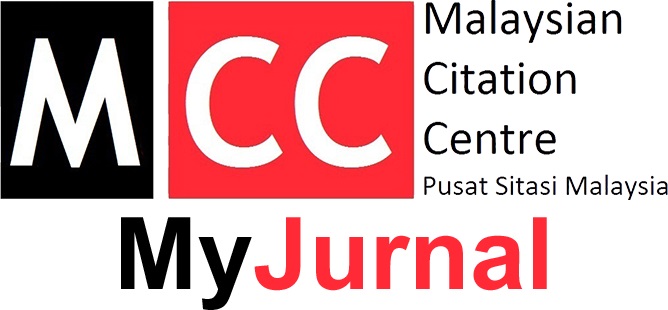IS THE RIGHT TO HEALTH UNDERMINED BY THE AGREEMENT OF TRADE-RELATED ASPECTS OF INTELLECTUAL PROPERTY RIGHTS?
Keywords:
TRIPS, Doha Declaration, Compulsory Licence, Access to Medicine, Parallel ImportAbstract
This article aims to provide a brief overview of the Agreement of Trade-Related Aspects of Intellectual Property
Rights (TRIPS). The analysis will be focused on the agreement itself, its flexibilities, and its impacts on the right
of access to affordable medicine. Particularly on medicines which are still under patent protection, a
standardised protection period of the same, and the inclusion of pharmaceutical products within the ambit of
patentable subject matter is arguably affecting one’s right to access to affordable medications. Further, the clash
of interests i.e between patent holders (mostly, big pharmaceutical companies) and affected people (mainly,
patients and their family) is highly likely to happen – especially in poor and developing countries. This paper
seeks to assess whether the right to health is undermined by the TRIPS Agreement, and the analysis finds that
such right is not adversely affected by the same.
References
Abbott. F.M (2005), “The WTO Medicines Decision: World Pharmaceutical Trade and the Protection of Public
Health” in The American Journal of International Law, Vol 99:317
Attaran A (2003) “Assessing and Answering Paragraph 6 of the Doha Declaration on the TRIPS Agreement and
Public Health: the Case for Greater Flexibility and a Non Justiciability Solution” Emory International Law
Review 17
Bale H. (Presenter) (2007) The WTO’s Rule on TRIPS: Does the so-called TRIPS Agreement strike a balance
between the rights of patent holders and the right of national Governments [Video] Uploaded on August 3,
Retrieved from https://www.youtube.com/watch?v=FGwPiKxmpDI
Correa, M.C (2016) “Guidelines for Pharmaceutical Patent Examination: Examining Pharmaceutical Patents
from a Public Health Perspective” UNDP, New York, DOI: 10.13140/RG.2.1.1659.3526
Correa, M.C (1999) “Intellectual Property Rights and Inequalities in Health Outcomes”. Retrieved from
es%20in%20Health%20Outcomes.pdf
Correa. M.C, Matthew. D (2011). Discussion Paper: The Doha Declaration Ten Years and its Impact on Access
to Medicines and the Right to Health” Retrieved from
http://apps.who.int/medicinedocs/documents/s21425en/s21425en.pdf
Decree of the President Republic of Indonesia No 76 of 2012. Retrieved from http://www.citizen.org/documents/PresidentalDecree20121.pdf
Dutfield G. (2008) Delivering Drugs to the Poor: Will the TRIPS Amendment Help? American Journal of Law
& Medicine, 34
Gopalakrishnan N.S (2008) TRIPS Agreement and Public Health: An Overview of International Issues. Journal
of Intellectual Property Rights Vol 13, September 2008, pp 395-400
Gupta R (2010) Compulsory Licensing under TRIIPS: How Far it Addresses Public Health Concerns in
Developing Nations. Journal of Intellectual Property Rights Vol 15, September 2010, pp 357-363
Joseph, S. (2011). TRIPS and the Right to Health, Oxford University Press
Khor. M (2009) Patent, Compulsory Licences and Access to Medicines: Some Recent Experiences (2nd ed)
Penang: Jutaprint
MSF Responds to issue Compulsory Licences on 7 HIV Drugs, 2012. Retrieved from
Oh, C. (2006) “Compulsory Licences: Recent Experiences in Developing Countries”, International Journal of
Intellectual Property Management, Vol 1, No 1/2, pp. 22-36. Can also be retrieved from
Salazar, S. (1998). Intellectual Property and Right to Health. Retrieved from
http://www.wipo.int/edocs/mdocs/tk/en/wipo_unhchr_ip_pnl_98/wipo_unhchr_ip_pnl_98_3.pdf
Yamin E.A (2003), “Not Just a Tragedy: Access to Medications as a Right under International Law” in Boston
University International Law Journal, 21(22):325-71
Downloads
Published
Issue
Section
License
Copyright (c) 2016 Journal of Academia

This work is licensed under a Creative Commons Attribution-NonCommercial-NoDerivatives 4.0 International License.











